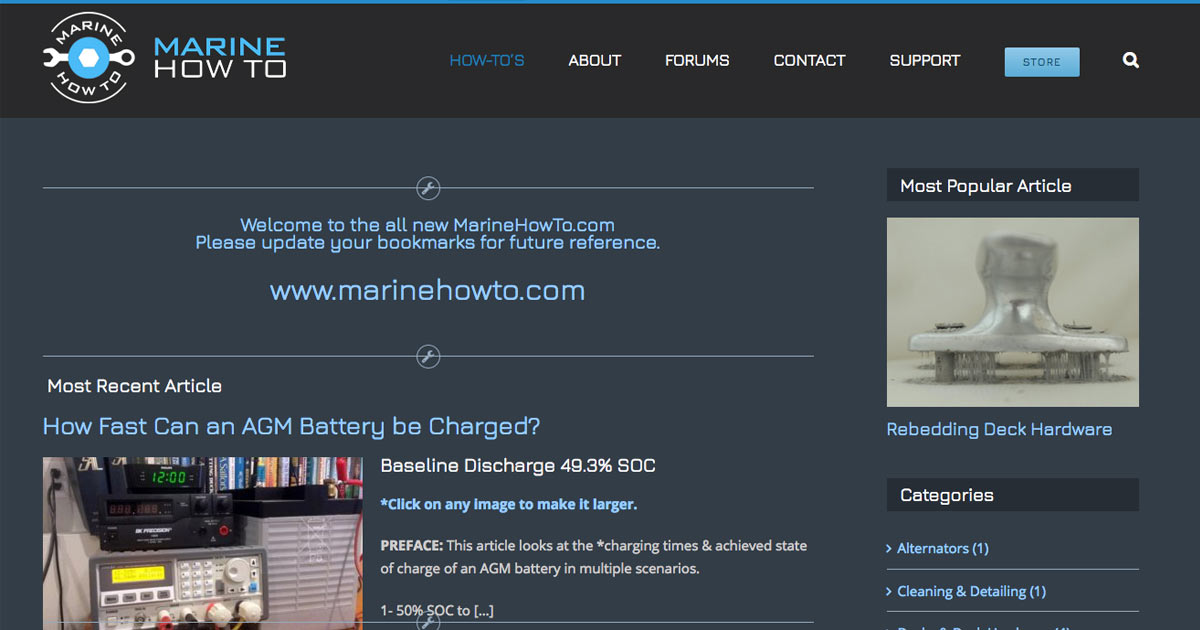Hello, I'm new here. I plan to get a sailboat, my first one, in Spring 2025. I have some questions about the electricity on a sailboat.
I know how the electricity works in a car (battery and alternator), but I'm not familiar with the sailboat's electricity stuff. I understand that most sailboats came with two batteries, one for engine-starting only (inboard engine) and another for powering the instruments (radar, AIS, some interior lighting, etc).
To keep the batteries charged while sailing (not using the shore power), the solar panels will keep the batteries charged, is that correct? If the engine is running, it will charge the batteries but I don't plan to keep the engine running all the time while sailing.
My #1 concern: After I purchase a sailboat, I'll need to move it from a marina to my "home port" marina which is about 65-70 nautical miles. That means I'll have to sail for about 10-12 hours. I want to keep the instruments running all day (GPS, AIS, etc) while sailing. I'm concerned that I might run out of battery juice. Do you think the solar panels will keep the battery charged (maybe 80% or higher)? What's the minimum wattage (solar panels) to keep the battery fully charged?
THANKS!
I know how the electricity works in a car (battery and alternator), but I'm not familiar with the sailboat's electricity stuff. I understand that most sailboats came with two batteries, one for engine-starting only (inboard engine) and another for powering the instruments (radar, AIS, some interior lighting, etc).
To keep the batteries charged while sailing (not using the shore power), the solar panels will keep the batteries charged, is that correct? If the engine is running, it will charge the batteries but I don't plan to keep the engine running all the time while sailing.
My #1 concern: After I purchase a sailboat, I'll need to move it from a marina to my "home port" marina which is about 65-70 nautical miles. That means I'll have to sail for about 10-12 hours. I want to keep the instruments running all day (GPS, AIS, etc) while sailing. I'm concerned that I might run out of battery juice. Do you think the solar panels will keep the battery charged (maybe 80% or higher)? What's the minimum wattage (solar panels) to keep the battery fully charged?
THANKS!





